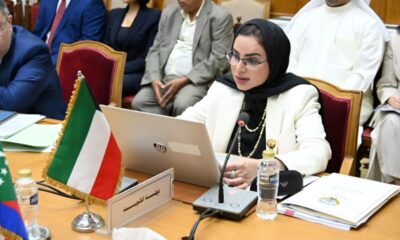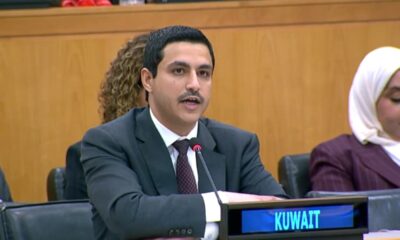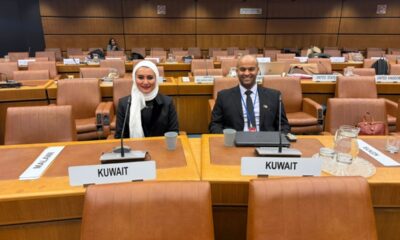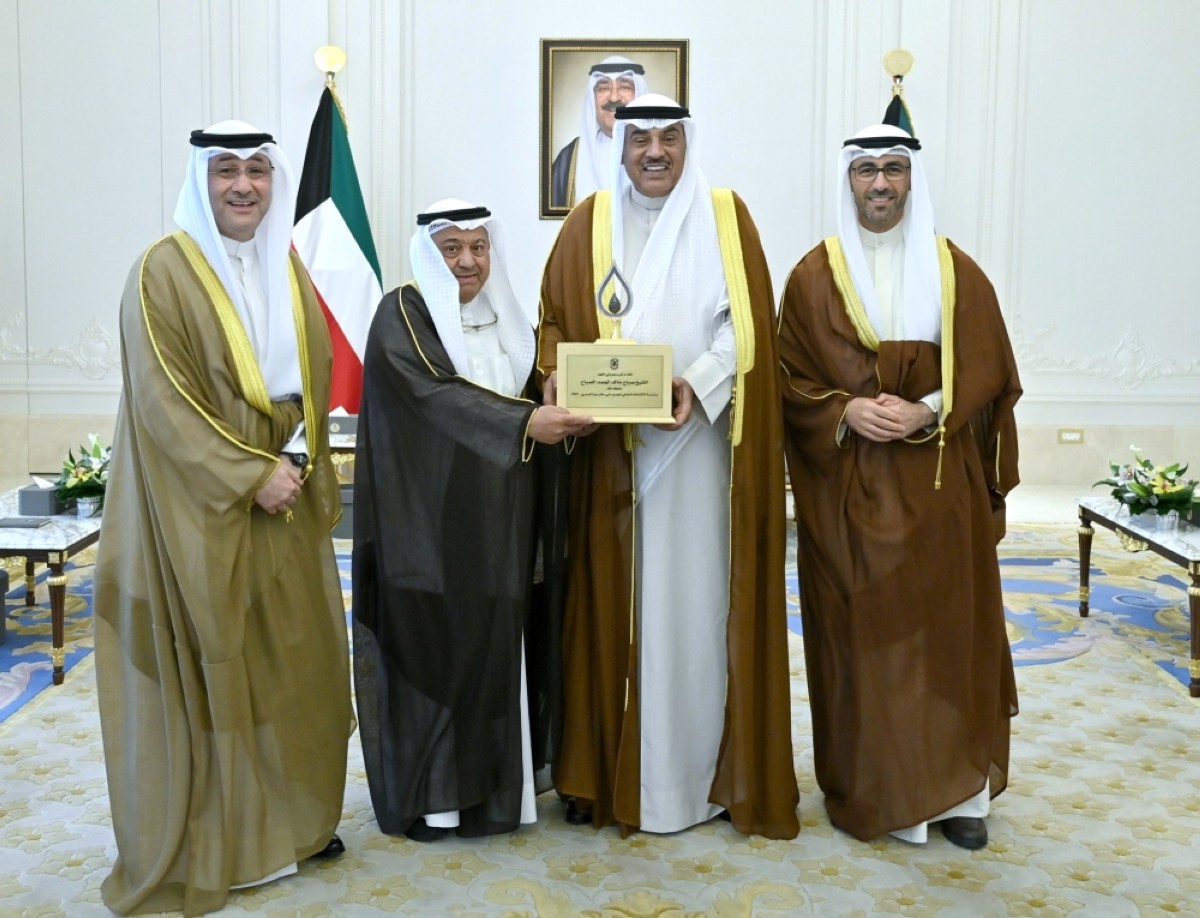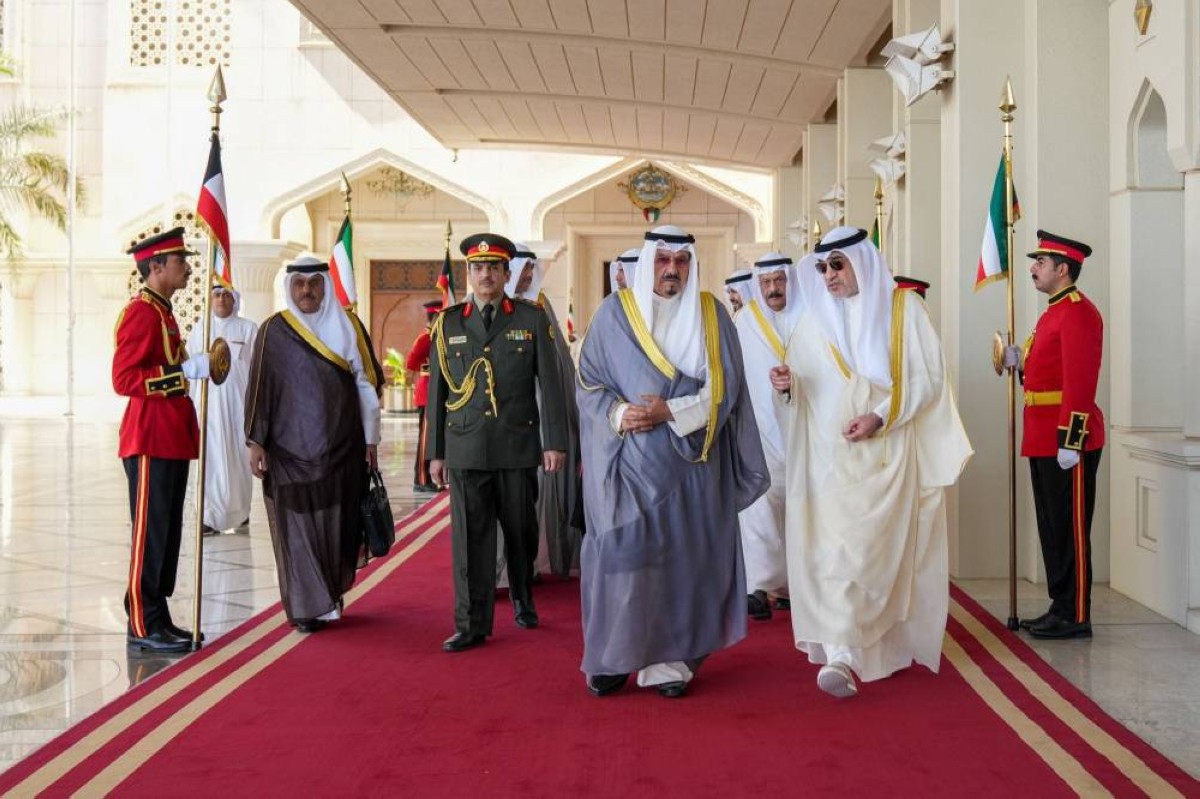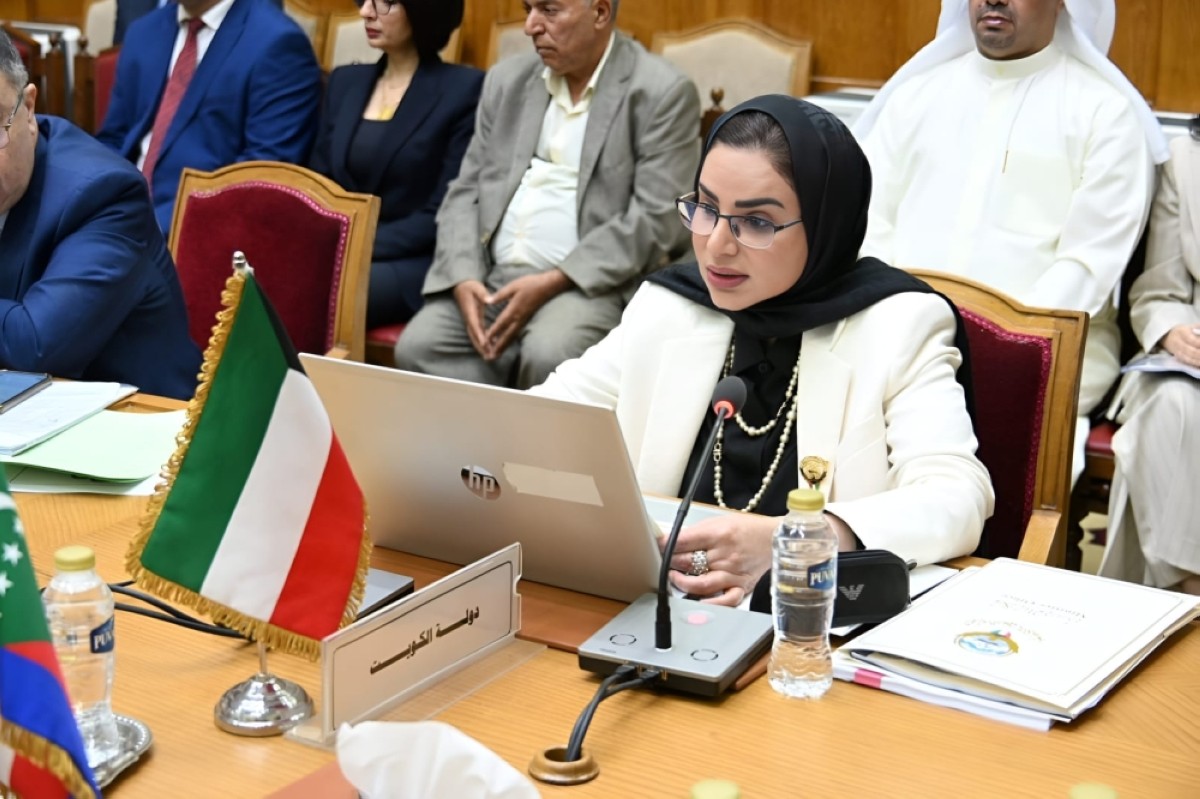KUWAIT: Kuwait will continue supporting the Organization of the Petroleum Exporting Countries (OPEC) as a strategic player in the global energy system, Oil Minister Tareq Al-Roumi said on Sunday, marking the group’s 65th anniversary.
Al-Roumi said the founding of OPEC in 1960 was a “historic turning point in the global energy industry,” with Kuwait playing a “pivotal role from the beginning in supporting the organization’s policies and achieving its strategic goals.”
Speaking to KUNA, he noted that the group began with five founding members — Kuwait, Saudi Arabia, Iraq, Iran and Venezuela — during the “historic meeting” in Baghdad on September 14, 1960. “The establishment of the organization marked the start of a new era for producing countries, during which they affirmed their sovereignty over natural resources and ensured their peoples benefited from a collective vision to enhance national and economic development,” he said.
Al-Roumi stressed that Kuwait was not only a founding member but “an active partner in laying the foundations of cooperation among producing countries and consolidating the principle of national sovereignty over natural resources in the service of sustainable development.”
He pointed to OPEC’s role over the decades in supporting member states’ oil industries, stabilizing global markets, and engaging in international dialogues to enhance energy security. “The organization today, thanks to its enlightened policies, continues to support the global economy and achieve balance between the interests of producing and consuming countries alike,” he said.
Climate negotiations
The minister also highlighted the creation of the OPEC Fund for International Development in 1976 as “an important step in expanding the organization’s impact,” supporting social and economic development projects worldwide. He said Kuwait used this cooperation to strengthen national projects and development initiatives, reflecting its leadership within and beyond the organization.
Al-Roumi said OPEC had played “a major role in international climate negotiations,” promoting a balanced and gradual approach that integrates investment in diverse energy sources and advanced technologies while addressing social, economic and environmental goals.
He noted that OPEC had weathered many challenges and geopolitical shifts but had consistently “proven its ability to maintain supply security and market stability while encouraging energy investment and adopting modern technologies.”
He also pointed to the formation of the OPEC+ alliance in late 2016 as a milestone that “contributed to stabilizing oil supplies during the COVID-19 pandemic.” Kuwait, he added, directly supported collective coordination policies, leading to “the largest and longest voluntary production adjustments in market history,” which were praised internationally.
“We celebrate today the 65th anniversary of OPEC, confident that Kuwait — through its ongoing leadership role — will remain under the guidance of His Highness the Amir Sheikh Meshal Al-Ahmad Al-Jaber Al-Sabah, His Highness the Crown Prince Sheikh Sabah Al-Khaled Al-Hamad Al-Sabah, and His Highness the Prime Minister Sheikh Ahmad Abdullah Al-Ahmad Al-Sabah, an active partner in strengthening cooperation among producing countries and presenting a model of commitment to responsible oil policies that ensure market stability and energy sustainability for future generations,” Al-Roumi said.
Forward-looking vision
Separately, OPEC Secretary General Haitham Al-Ghais reaffirmed the group’s commitment to ensuring a balanced and stable oil market “for the benefit of both producers and consumers.”
He told KUNA that OPEC has “always shown determination and resolve in facing challenges,” describing the organization as “a center of gravity in the global oil market” that balances supply and demand while defending the rights of producing nations and the oil industry.
“OPEC has, for 65 years, been committed to cooperation and dialogue among all stakeholders to achieve stability in the global oil market and to address challenges through a comprehensive and realistic approach, ensuring that oil continues to support the development of nations and the prosperity of humanity,” Al-Ghais said.
He cited the 2016 Declaration of Cooperation between OPEC and non-member countries, known as the OPEC+ alliance, as one of the organization’s most significant efforts to address challenges. Al-Ghais also congratulated His Highness the Amir Sheikh Meshal Al-Ahmad Al-Jaber Al-Sabah and His Highness the Crown Prince Sheikh Sabah Al-Khaled Al-Hamad Al-Sabah, recalling Kuwait’s “historic and leading role” in OPEC since its foundation.
He praised Kuwait’s contributions across six and a half decades, noting the work of its representatives, governors and ministers, which he said reflected the country’s “sound forward-looking vision and recognition of the vital importance of the energy industry to the global economy.”
Al-Ghais expressed gratitude to OPEC member states and their leaders for supporting the organization’s mission, adding that throughout its history, OPEC has also championed humanitarian causes “by supporting sustainable development, eradicating poverty, protecting the environment, and ensuring energy access for all.” — KUNA
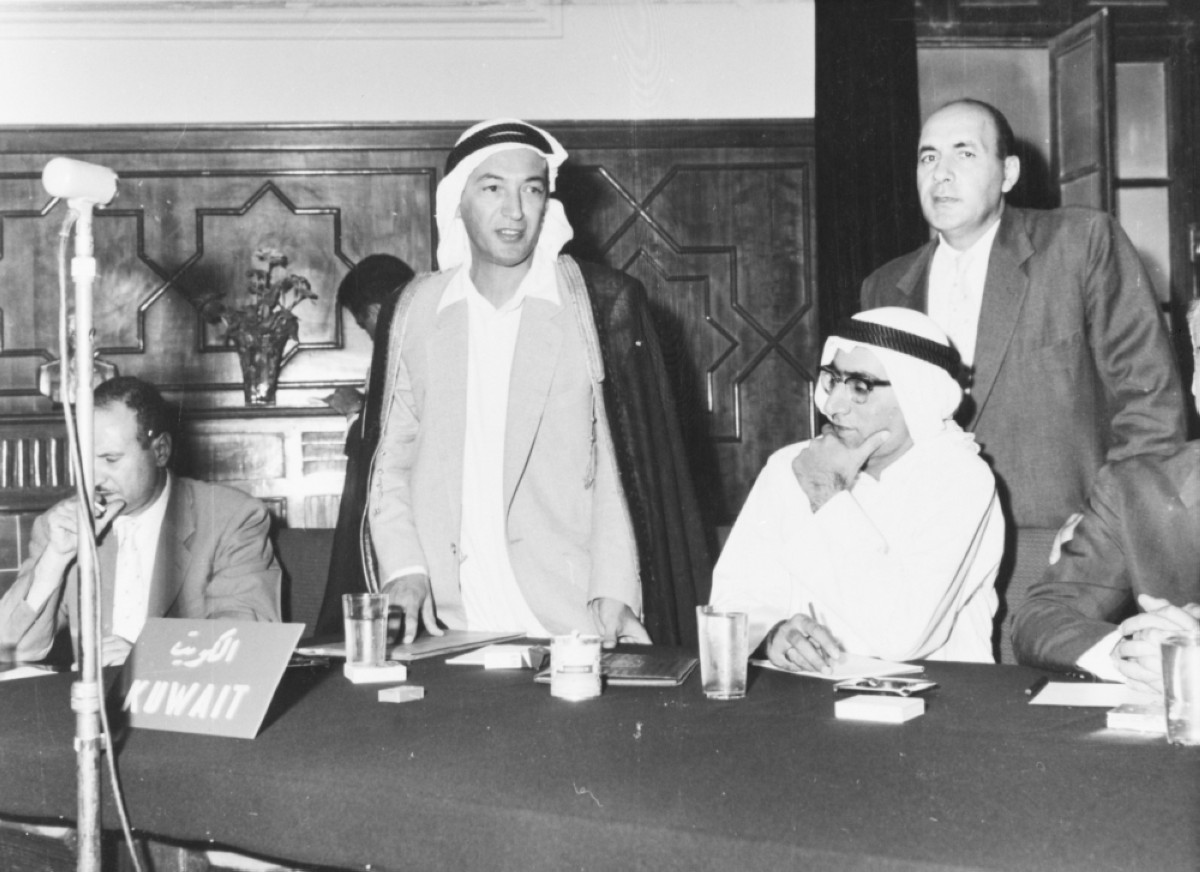

 Latest News22 hours ago
Latest News22 hours ago
 Politics15 hours ago
Politics15 hours ago
 Latest News16 hours ago
Latest News16 hours ago
 Latest News14 hours ago
Latest News14 hours ago
 Politics6 hours ago
Politics6 hours ago
 Latest News6 hours ago
Latest News6 hours ago
 Politics5 hours ago
Politics5 hours ago
 Business7 hours ago
Business7 hours ago
